Search The Collection
Filter By
Object Type / Material
Geographic Location
Date / Era
Department
Show Only:
- As part of the Met's Open Access policy, you can freely copy, modify and distribute this image, even for commercial purposes.APIPublic domain data for this object can also be accessed using the Met's Open Access API
- Objects with changed or unknown ownership in continental Europe between 1933-1945. Learn more
Showing 567 results for possibly Roman or Celtic
Sort By:
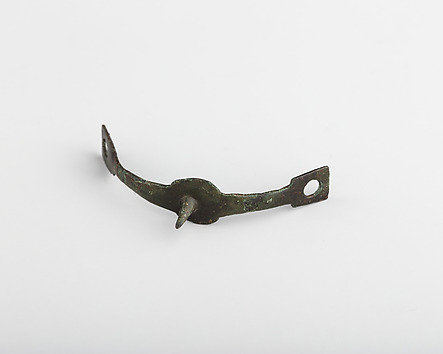
possibly Roman or Celtic
possibly 2nd–1st century BCE
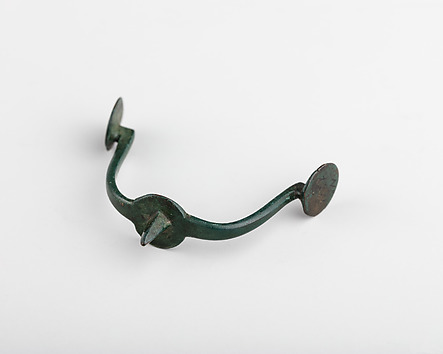
possibly Roman or Celtic
possibly 2nd–1st century BCE
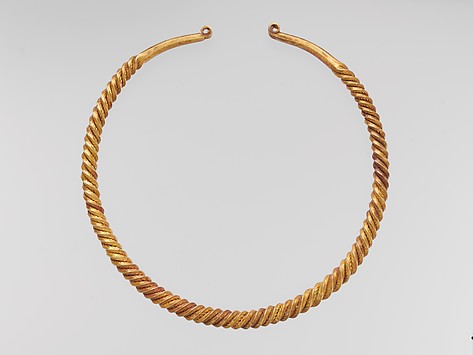
Celtic
6th–4th century BCE
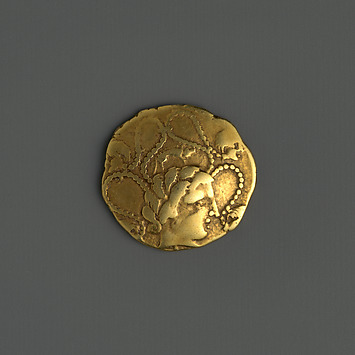
Celtic
mid-2nd century BCE
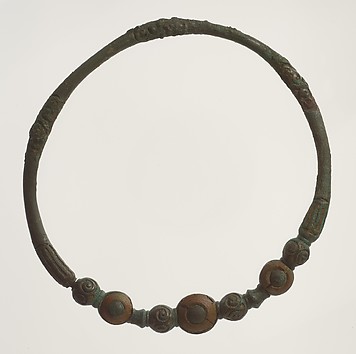
Celtic
400–300 BC
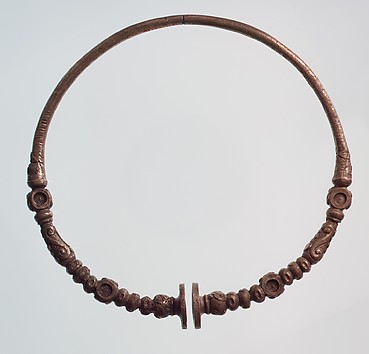
Celtic
475–400 BCE
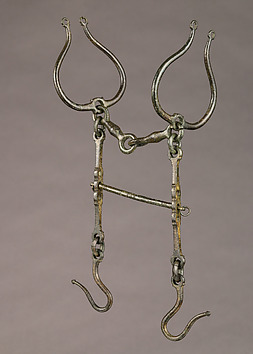
Thracian or East Celtic
2nd–1st century BCE
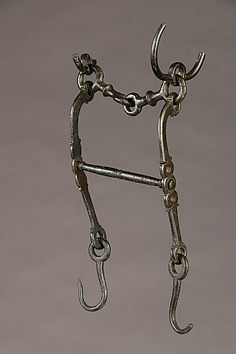
Thracian or Celtic
2nd–1st century BCE
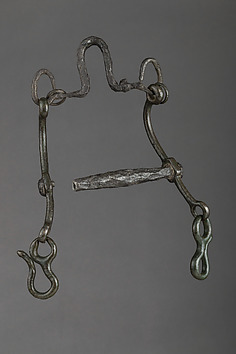
Thracian or Celtic
1st century BCE–1st century CE
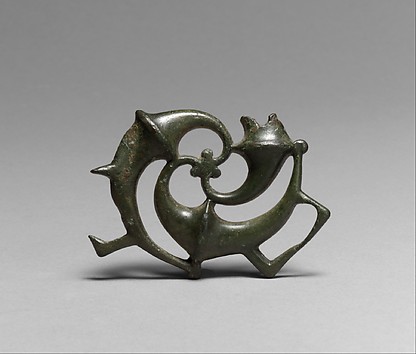
Celtic or Roman
100–300
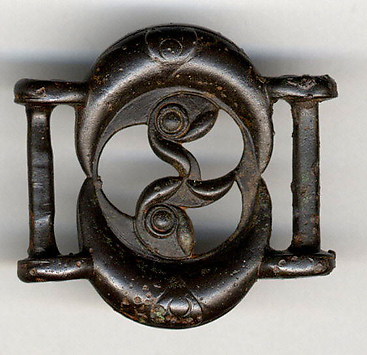
Roman or Celtic
100–300
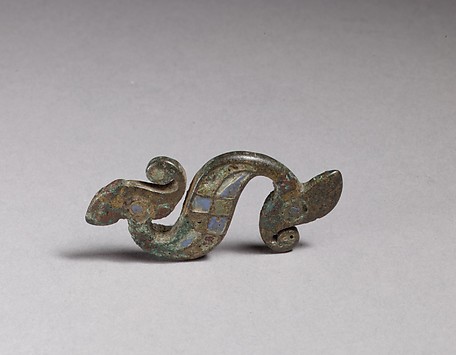
Celtic or Roman
100–300
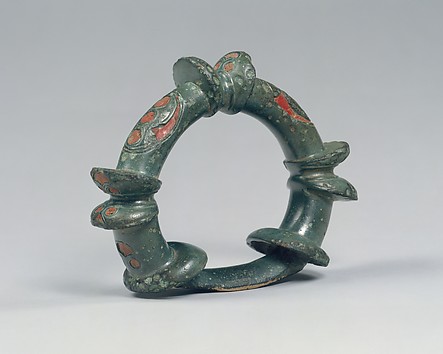
Celtic or Roman
1–100
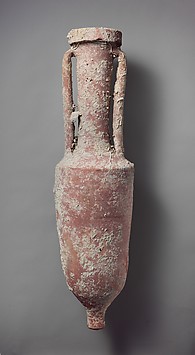
Roman
ca. 100 BCE
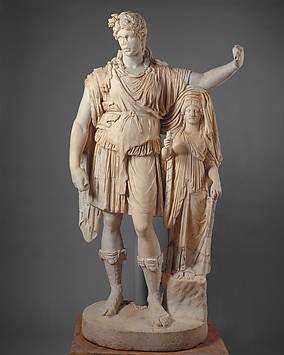
Pacetti, Vincenzo
27 BCE–68 CE
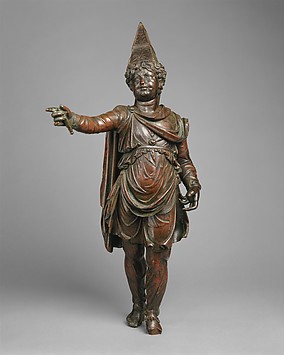
Greek, Ptolemaic or Roman
mid-late 1st century BCE
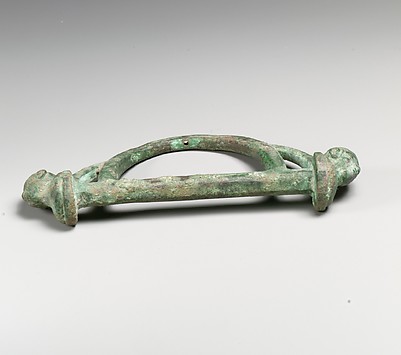
Roman
2nd–3rd century CE
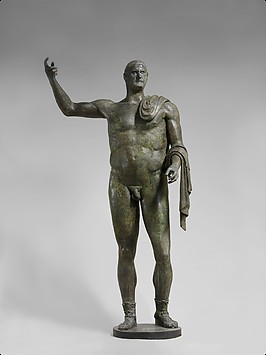
Roman
251–253 CE
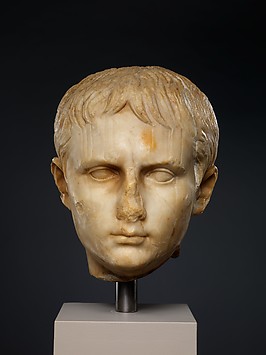
Roman
ca. 5 BCE, or later
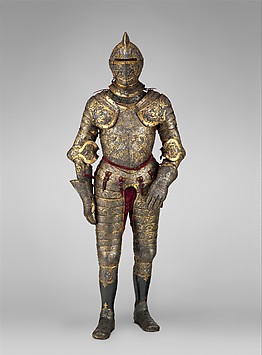
Jean Cousin the Elder
ca. 1555
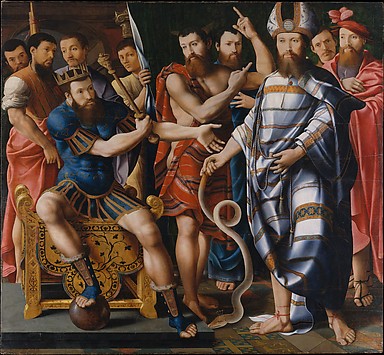
Master of the Dinteville Allegory
1537
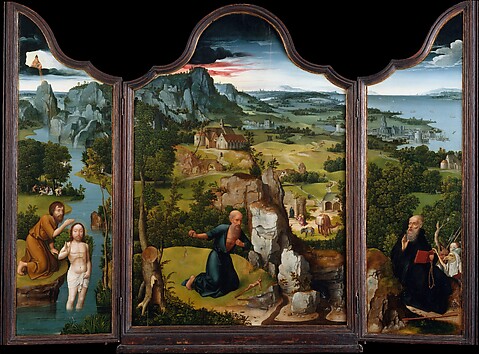
Joachim Patinir
ca. 1515

second half 8th century
Tiffany Studios
1904–9
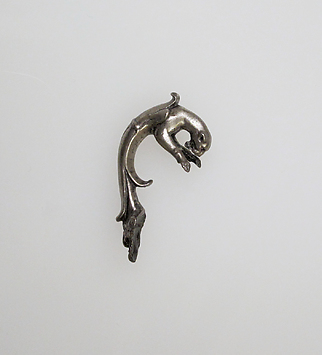
Roman
1st century CE
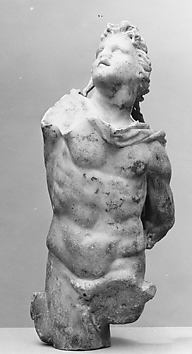
Roman
1st or 2nd century CE

Possibly Greek
5th century BCE or later
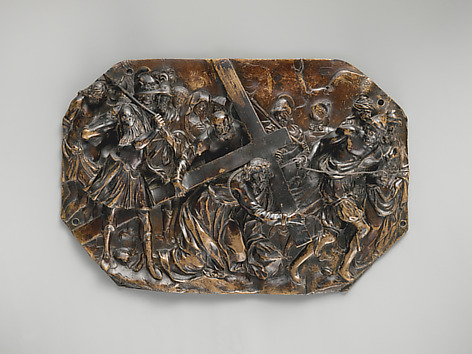
Ferdinando Tacca
mid-17th century
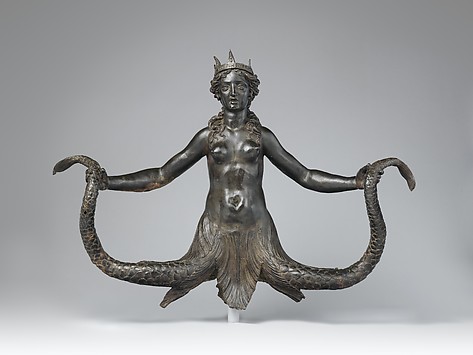
Colonna
ca. 1600
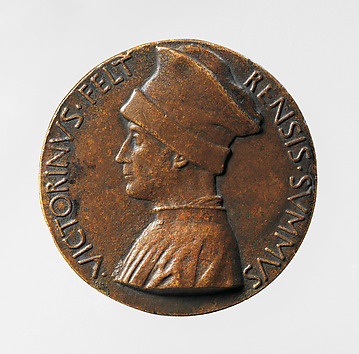
Pisanello (Antonio Pisano)
model 1446–47 (possibly cast 15th or 16th century)
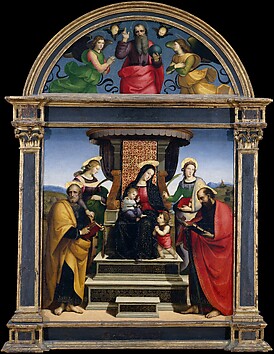
ca. 1504
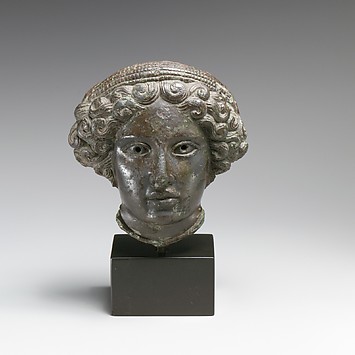
Greek or Roman
3rd–1st century BCE or 4th century CE
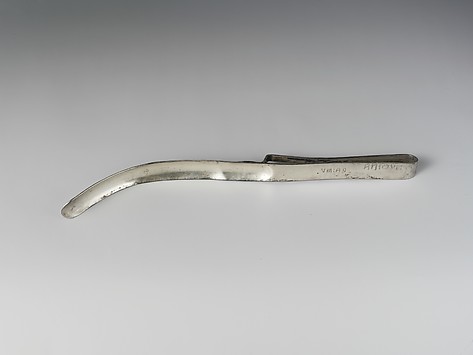
Possibly South Italian or Etruscan
early 3rd century BCE
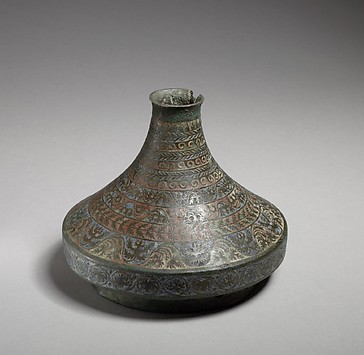
Roman
2nd–3rd century
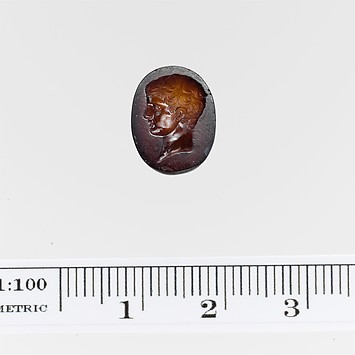
Roman
ca. 1st century CE

Roman
possibly 3rd century

Roman
2nd–3rd century CE
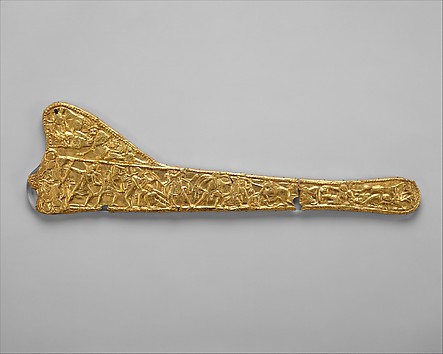
Greek or Scythian
ca. 340–320 BCE

Roman
1st half of 2nd century CE
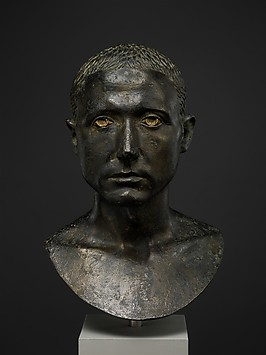
Roman
ca. 50 BCE–54 CE